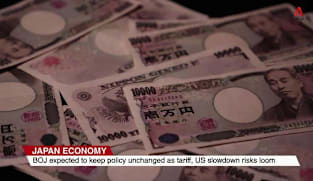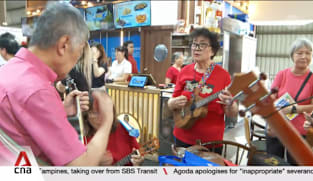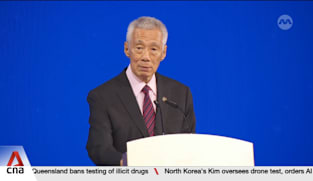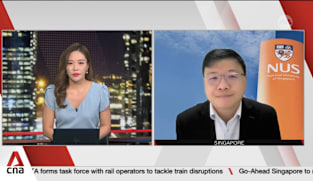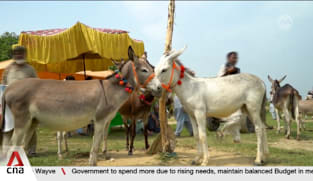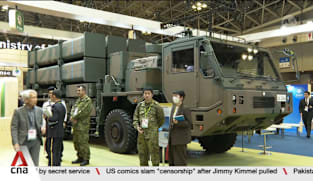Jean See on Good Samaritan Food Donation Bill
For the Good Samaritan Food Donation Bill to improve food security for those in need, steps must be taken to ensure that surplus food can be channelled safely and efficiently in sustainable and long-lasting arrangements, said NMP Jean See. In Parliament on Wednesday (Aug 7), she shared three suggestions. First, the Government could consider extending tax exemptions to businesses and individuals who regularly donate food. This would incentivise the formalisation of food donation activities, which would in turn stabilise food supply. Second, if well-implemented, she said, the Bill will elevate the scale of food rescue and redistribution in Singapore. Food rescue organisations will therefore need more resources and support in the form of cold chains, storage facilities and training of staff and volunteers in food safety. Third, Ms See said food rescue and redistribution efforts must be paired with public-private schemes and support that provide lower-income families with dignified, sustained and adequate access to nutrition. She called for subsidies or stall rental rebates for hawkers who are committed to providing affordable and nutritious meals for these households. Enhanced welfare for vulnerable families should not come at the expense of the hawkers’ economic survival, she said.
For the Good Samaritan Food Donation Bill to improve food security for those in need, steps must be taken to ensure that surplus food can be channelled safely and efficiently in sustainable and long-lasting arrangements, said NMP Jean See. In Parliament on Wednesday (Aug 7), she shared three suggestions. First, the Government could consider extending tax exemptions to businesses and individuals who regularly donate food. This would incentivise the formalisation of food donation activities, which would in turn stabilise food supply. Second, if well-implemented, she said, the Bill will elevate the scale of food rescue and redistribution in Singapore. Food rescue organisations will therefore need more resources and support in the form of cold chains, storage facilities and training of staff and volunteers in food safety. Third, Ms See said food rescue and redistribution efforts must be paired with public-private schemes and support that provide lower-income families with dignified, sustained and adequate access to nutrition. She called for subsidies or stall rental rebates for hawkers who are committed to providing affordable and nutritious meals for these households. Enhanced welfare for vulnerable families should not come at the expense of the hawkers’ economic survival, she said.








